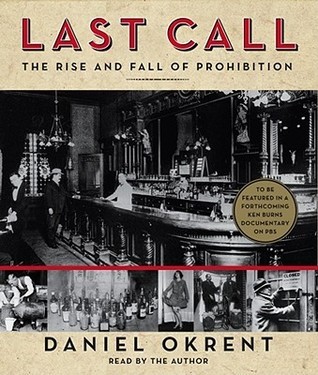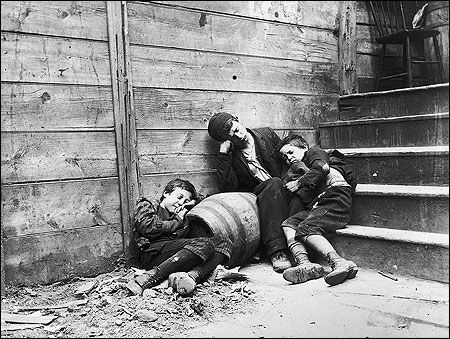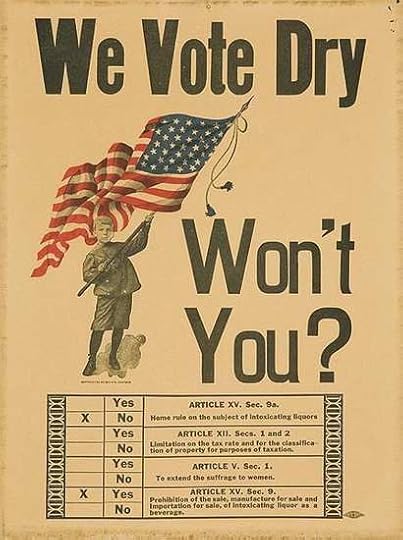What do you think?
Rate this book


Audio CD
First published April 30, 2010
In almost every respect imaginable, Prohibition was a failure. It encouraged criminality and institutionalized hypocrisy. It deprived the government of revenue, stripped the gears of the political system, and imposed profound limitations on individual rights. It fostered a culture of bribery, blackmail and official corruption. It also maimed and murdered, its excesses apparent in deaths by poison, by the brutality of ill-trained, improperly supervised enforcement officers, and by unfortunate proximity to mob gun battles. One could rightfully replace our prevailing images of Prohibition—flappers kicking up their heels in nightclubs, say, or lawmen swinging axes at barrels of impounded beer—with different visions: maybe the bloated bodies of the hijacked rumrunners washing up on the beach at Martha’s Vineyard, their eyes gouged out and their hands and faces scoured by acid. Or perhaps the crippled men of Wichita, their lives devastated by the nerve-destroying chemicals suspended in a thirty-five-cent bottle of Jake. (page 371)
Last Call: The Rise and Fall of Prohibition by Daniel Okrent.








'controlled six Congresses, dictated to two Presidents . . . , directed legislation for the most important elective state and federal offices, held the balance of power in both Republican and Democratic Parties, distributed more patronage than any dozen other men, supervised a federal bureau from the outside without official authority, and was recognized by friend and foe alike as the most masterful and powerful single individual in the United States.'Living in an era alongside the likes of Fords, Rockefellers and du Ponts, that’s saying something. We still remember those titans of industry, and even another unrelenting supporter of Prohibition, William Jennings Bryan, but of Wayne Bidwell Wheeler. . . .
In almost every respect imaginable, Prohibition was a failure. It encouraged criminality and institutionalized hypocrisy. It deprived the government of revenue, stripped the gears of the political system, and imposed profound limitations on individual rights. It fostered a culture of bribery, blackmail, and official corruption. It also maimed and murdered, its excesses apparent in deaths by poison, by the brutality of ill-trained, improperly supervised enforcement officers, and by the unfortunate proximity to mob gun battles.He also noted that Prohibition did affect overall alcohol consumption, a substantial per capita reduction that lasted for several decades, so it wasn’t all for naught. But for that effect, this ordeal strikes me as a regrettable example of something that a government operating for the welfare of all should never undertake and that we, the people, should be ever vigilant against those misguided voices that would lead us down similarly harmful paths in the future.
High school attendance did not become commonplace until the 20th century. In 1910, just 14% of Americans aged 25 and older had completed high school. As recently as 1970, the high school completion rate was only 55%. In 2017, 90% of Americans aged 25 and older had a high school degree.How could Americans know what to think of Prohibition. At some point, it all became too complicated and Americans washed their hands of it all.